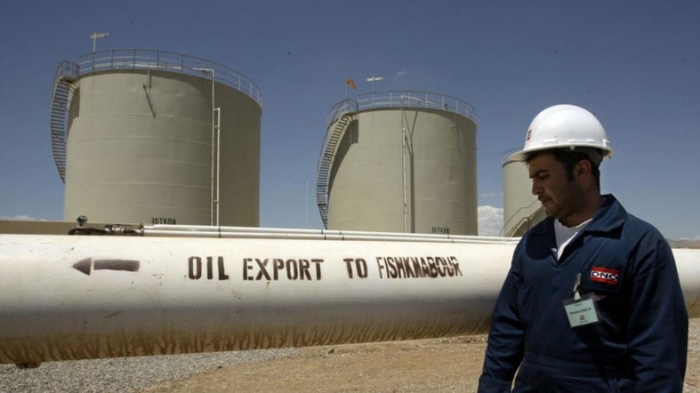Iran, Iraq, and Turkey unite to block Kurdish oil exports

A day before the vote, the Iraqi central government issued a statement calling on “neighboring countries and countries of the world” to stop buying crude oil directly from Kurdistan and only deal with Baghdad.
Turkey’s Ceyhan port provides an outlet for the Kurdish Kirkuk oil to meet international markets without interference from Baghdad. Erdogan, Tehran and other members of the international community had censured Erbil for proceeding with the independence referendum as Iraq recovers from a three-year war against the Islamic State (ISIS). The Turkish leader had previously threatened to cut Kirkuk off from Ceyhan, but did not provide details on how such a measure would be carried out.
Russia’s oil majors side with Kurdistan in its quest for an independent fossil fuel establishment. Rosneft signed off on a $1 billion gas pipeline deal with the Kurdistan Regional Government (KRG) a week prior to the historic vote, signaling Moscow’s approval of a hypothetically separate Kurdistan.
Both Iran and Turkey house sizeable Kurdish populations, so the referendum raises fears that Kurds from other nations may seek similar political solutions.
Kurdistan produces around 600,000 bpd of crude oil, or about 15 percent of Iraq’s total output. After the votes were counted, the KRG said that the ‘Yes’ to independence option won at the polls, with 92.73 percent of voters opting to grant Erbil its own regime.















































